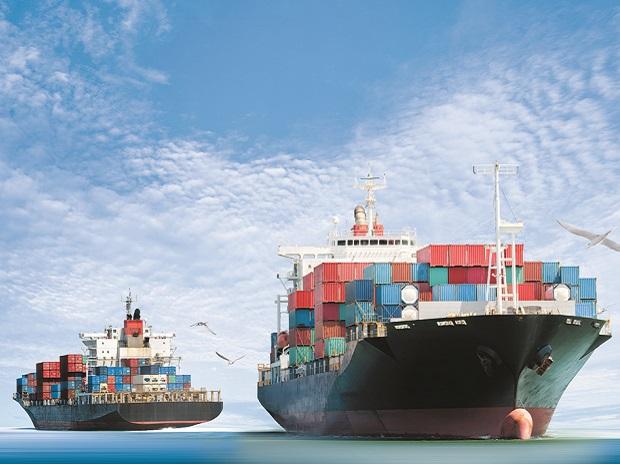I’ve been a proponent of climate change for nearly all my life. I am by no means considered a “tree hugger” but I do my part to salvage items for re-purposing, am mindful of my consumer spending and usage habits, and recycle plastics and other items as often as possible. In reading an article about global container shipping in Tradewinds, I started to think about other areas of carbon footprints and its potentially devasting effects on climate change. Whether you think climate change is a hoax or an absolute, it doesn’t change the fact that we can be more mindful about how we spend the natural resources afforded to us by our planet.
The article talks about new technologies in the container shipping industry and how the virus has spotlighted a renewed mandate to reduce carbon emissions in this particular industry. Victor Restis, president of one of Greece’s largest shipping enterprises, commented that the shipping industry is under an aggressive goal of reducing it carbon levels to half of what it was pre-COVID-19. Mr. Restis goes on to offer a few ways the global shipping industry can reach those goals. The first is technology. This is really a non-brainer. Technology offers society new efficiencies to make previously daunting tasks very easy. Integrating automation and artificial intelligence in how global shipping is conducted seems like a natural progression.
The second is an interesting concept and one that requires companies to give up a bit of profit for the sake of the greater good. Slow steaming is a term within the industry that means slowing down the speed in which a vessel travel. Slow steaming saves on fuel, emits fewer carbon emissions, but means that vessels take longer to reach port. Mr. Restis goes on to comment that implementing a standard of slow steam travel will help in meeting its carbon emission reduction goals, but also requires all parties to come to the table and agree on new terms that are implemented fairly.
Ships are responsible for more than 18% of global air pollutants yet is the world’s most carbon efficient form of transporting goods. I think slow steaming has something to do with that. Shipping is far more efficient than road or air transport and are still taking every precaution to reduce their numbers by 50% in the next 30 years. This will be interesting to following in the coming months, years to see what new processes are implemented.
